May 21, 2025 /SemiMedia/ — Japan’s push to revive its semiconductor industry is losing momentum, with only three out of seven new chip plants entering mass production by April. The delay highlights sluggish global demand for non-AI semiconductors.
Japan has committed over ¥9 trillion ($62 billion) to boost domestic chip output by 2029, aiming to support next-generation manufacturing and reduce reliance on imports. Yet so far, the pace of production ramp-up has been slow.
Renesas reopened its Kofu fab in April after a nine-year shutdown, but postponed full-scale output due to weak demand for power semiconductors in EVs. Rohm has started trial production at a site acquired in 2023, while Sanken Electric delayed production by two years to 2026 or later. Memory supplier Kioxia plans to activate a new fab once the market recovers.
Even companies already in production are cautious. Sony’s image sensor plant in Isahaya has idle capacity, following sharp iPhone sales declines and Chinese OEMs shifting to local suppliers.
TSMC’s first Japan fab began production in December 2024, but utilization remains modest, sources say. The company has postponed plans for a second fab originally expected to start construction in fiscal 2024.
Japan also faces a widening technology gap. While global leaders have moved to 2nm processes, Japan’s production remains at 12nm or larger nodes. Most domestic firms operate at 40nm or above. According to Omdia, Japan’s share of global chip sales fell to 7.1% in 2023 — its lowest since the 1980s.
Weak non-AI chip demand is not just a domestic problem. U.S. markets are also soft, and potential new tariffs on chips under Donald Trump’s policy proposals may add further pressure.

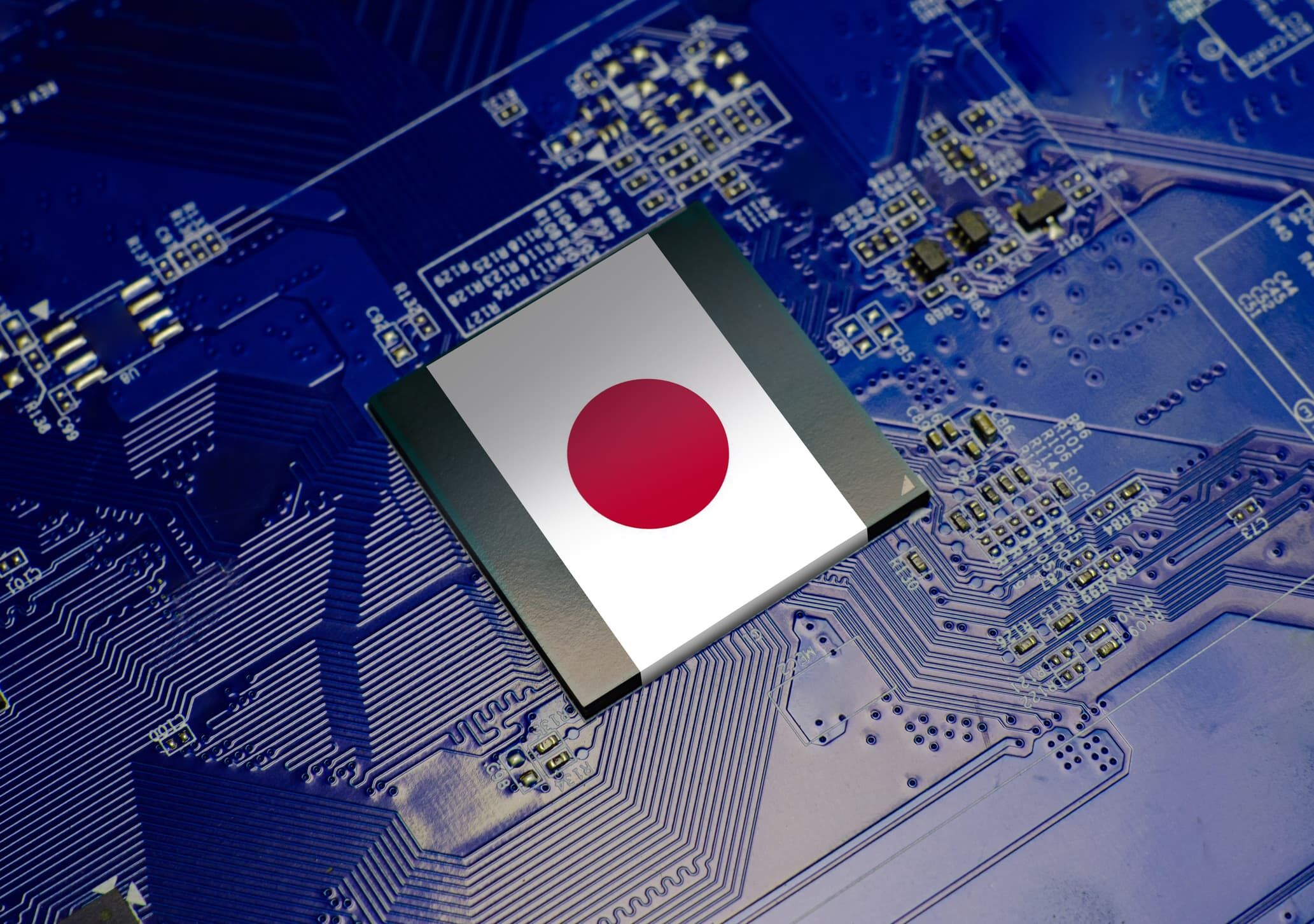





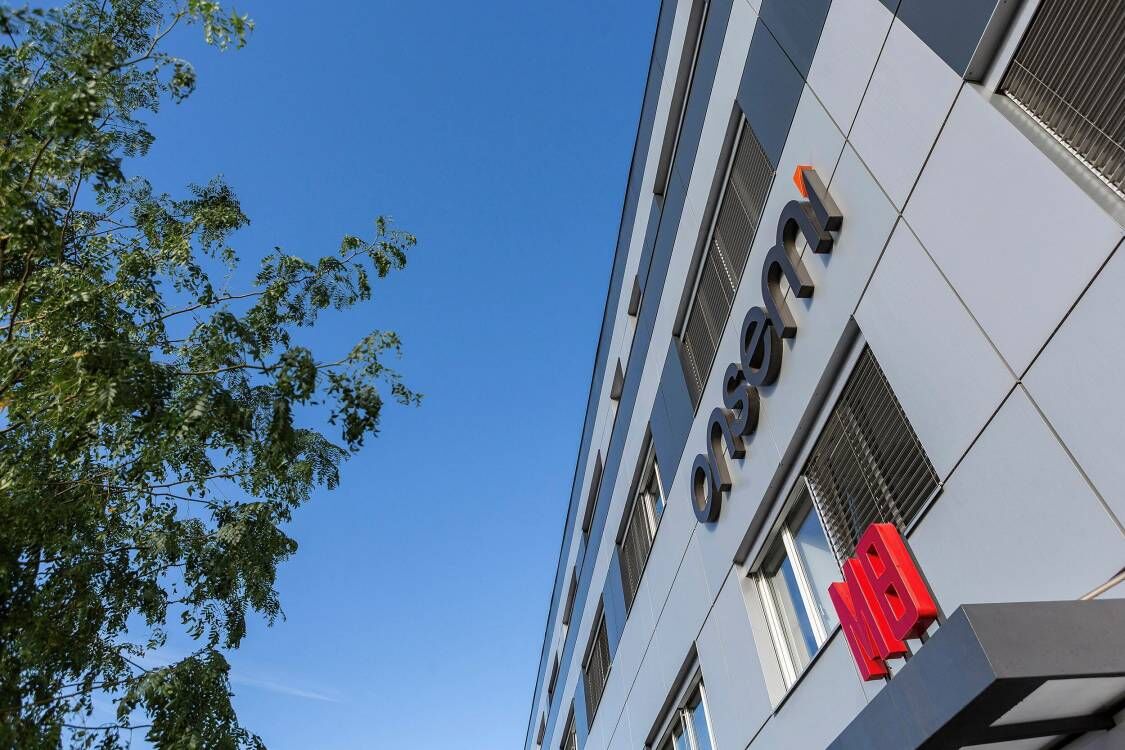
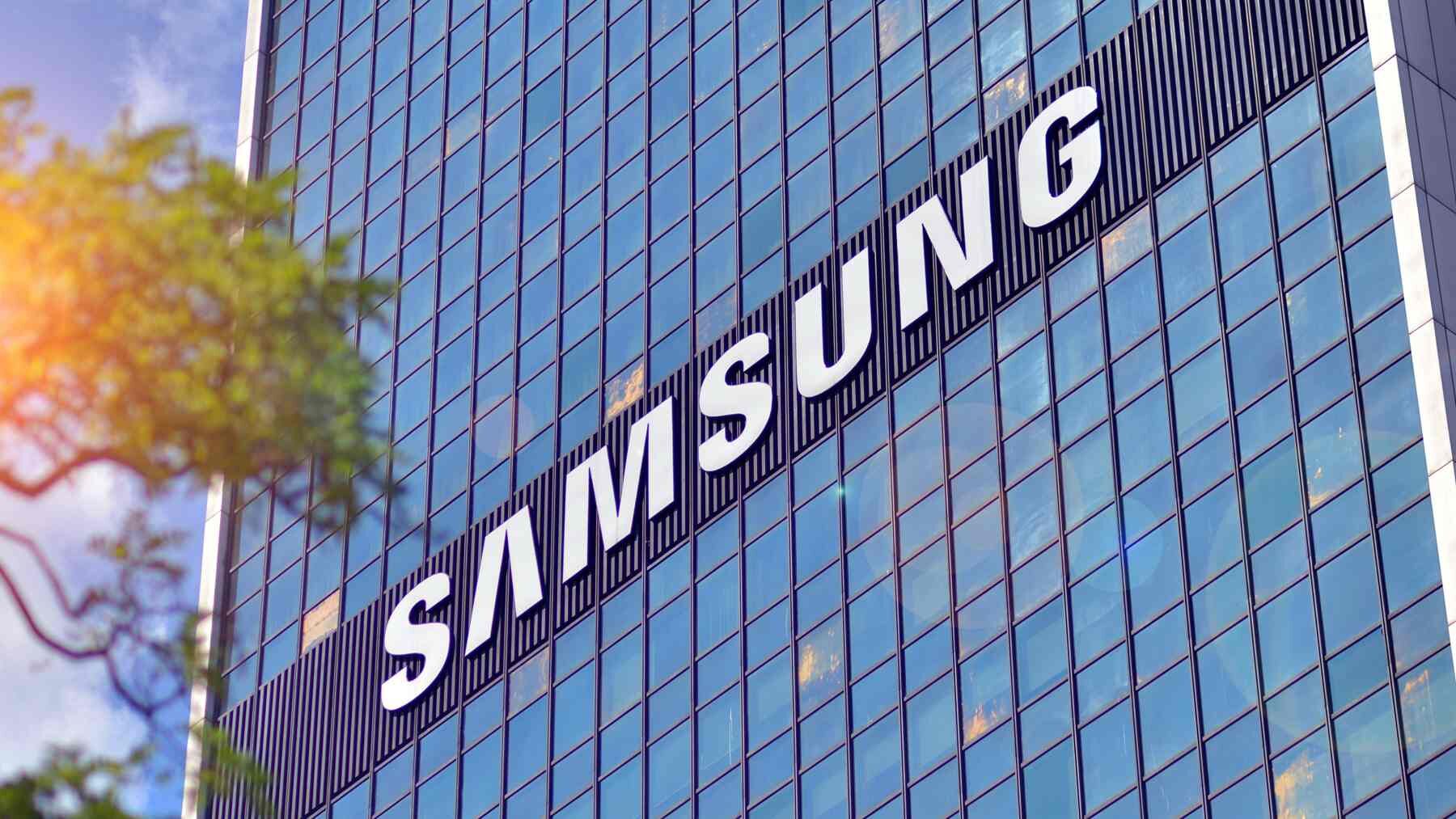
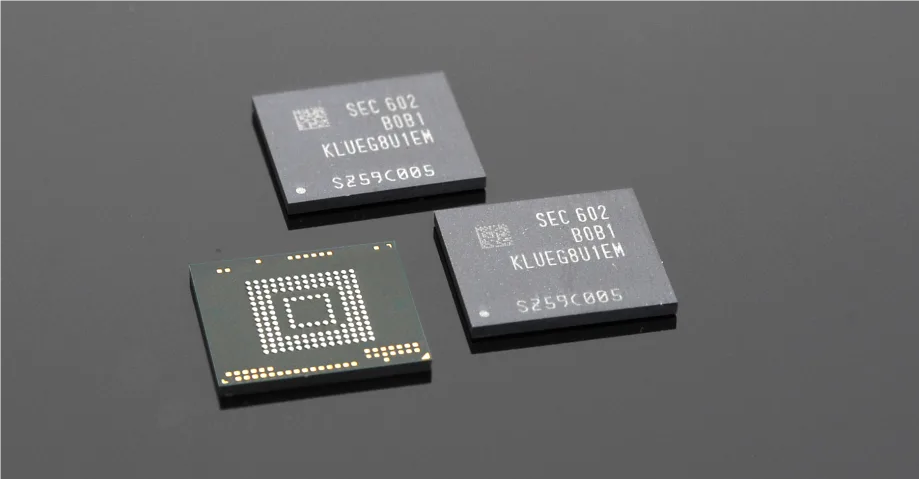
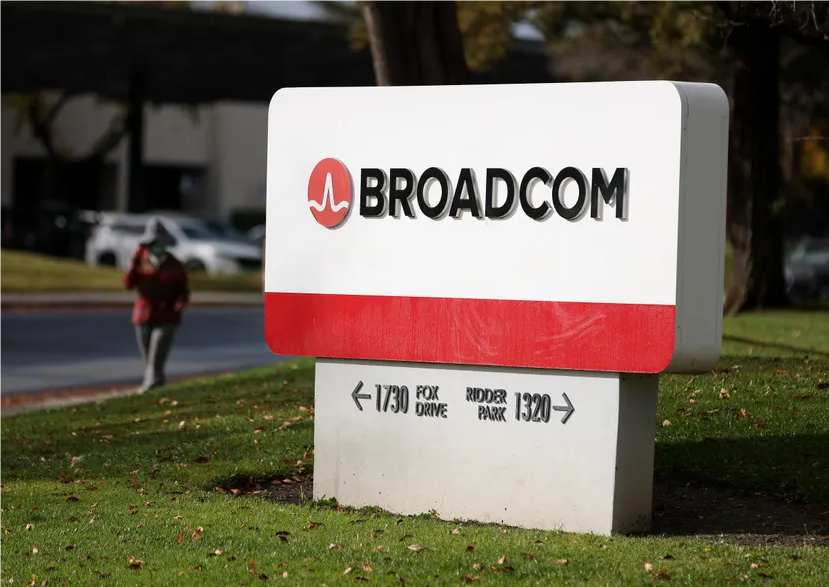
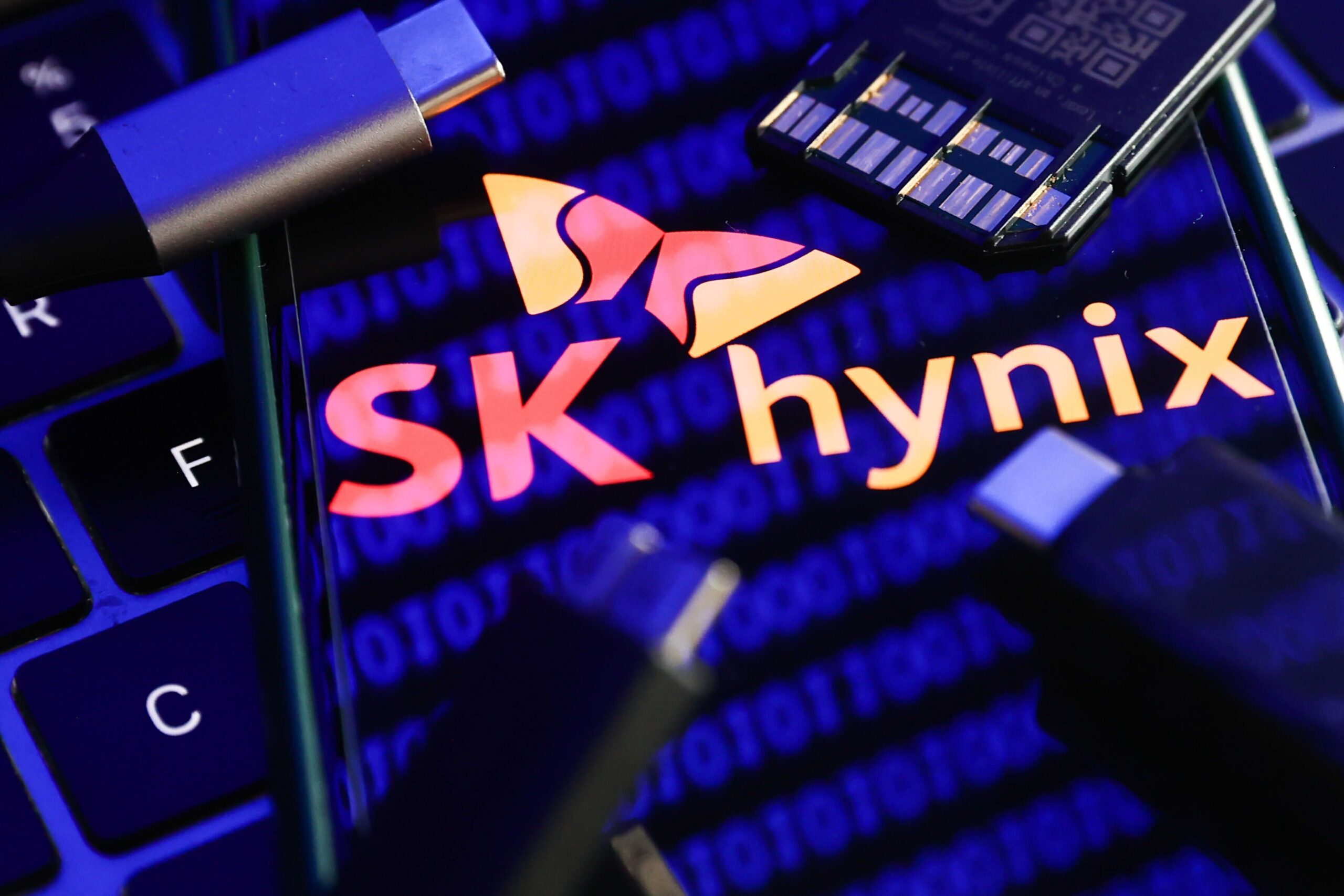
All Comments (0)